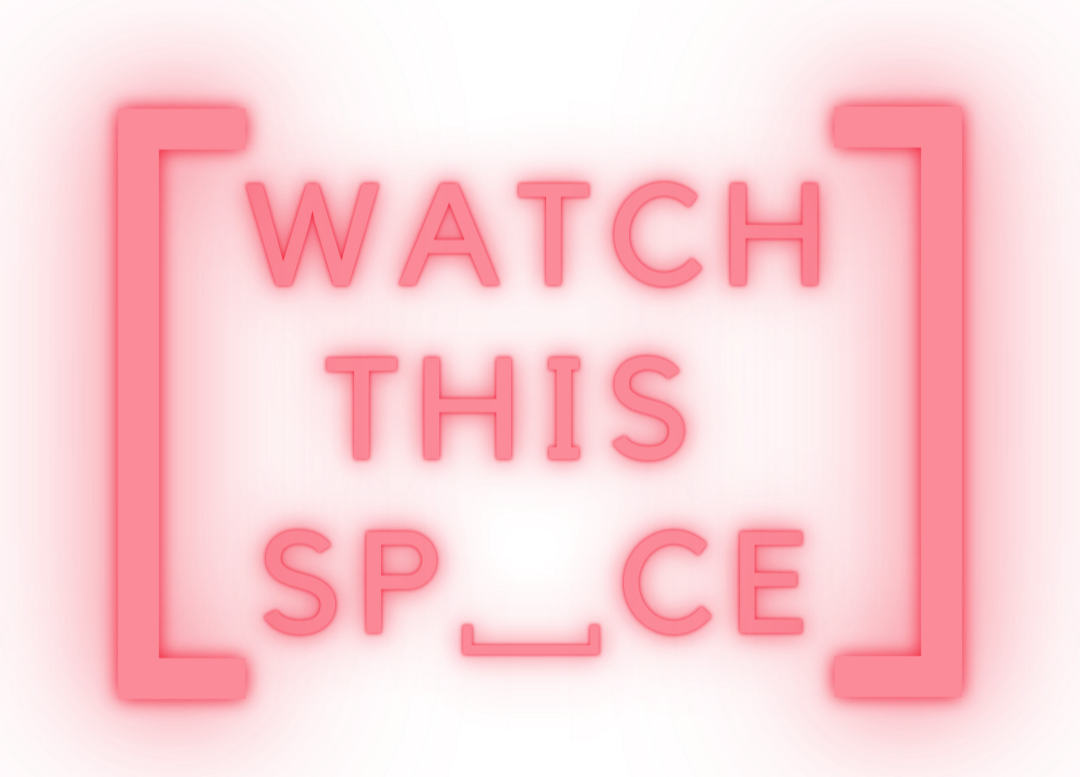Inclusive recruitment is a top priority for most organisations right now. But why does it matter and what’s all the fuss about? Is this simply the latest trend? And if you’re not thinking about it, why should you be concerned?
Well here’s some reasons why and what you can do about it
We want to live in a fair and just world
Surely, we all want to live in a world where everyone is treated fairly and equally? And where everyone has the opportunities to pursue careers they want to? We are a long way from that everywhere in the world. There are always going to be those who have advantages and succeed in life becauseof those privileges. But as recruiters, it seems fair to want everyone to have opportunities to progress their careers. And the best person for your role, or the person who could discover the next exciting innovation is not necessarily going to be the same as everyone else you have already hired.
Diverse, inclusive teams are more successful
Which brings us onto why you want different types of people in your team. Companies which have more diverse teams generate more new ideas. These new ideas lead to higher outputs of innovation and higher profits. And it’s not just about those metrics either. Inclusive teams following inclusive processes, make better decisions quickly, with around half the number of meetings. And those different perspectives that different people bring, create cultures of different management styles. They create cultures where people feel they can belong, progress their careers and stay.
How can you find different people?
A classic thing we hear often are business leaders who say “well we tried, but no one different progressed through the recruitment process”. Businesses who say things like that, are not serious about recruiting different types of people. To do that you need to look at everything you do, and say, and assess how everything appears to potential candidates. Look at your communications, your advertising, your website, and social media. And it’s not just about those things. Where are you advertising? Are you relying on your networks of people who are the same as you? To recruit different types of people means reaching out beyond your bubble and building new relationships. And this isn’t about token gestures. People want to be hired because they are the right person for the job, not just for you to tick your diversity boxes. So this is going to require some genuine reflections and reviews about how you are approaching your recruitment.

Are you putting up barriers?
And when candidates are interested and apply to work at your place, what is their experience? Are you using CVs where biases might creep in when you assess them? Or do you use a complicated application form that might put people off? And what about jargon, acronyms, and slang? Reaching different people requires looking at all of these things. It means assessing your job titles, role descriptions, and your offer to candidates as an employer. If you want to hire different types of people are you considering working hours, working locations, accessibility, processes, and procedures?
How do you help people to feel like they belong?
The recruitment process is one aspect, but what about after you have offered someone a role? Do you keep in contact with them before they start? A great thing to do is to invite them to a social event or meeting before they join so they can start to get to know people. And assigning them a buddy so they have someone to contact with any questions helps people to settle in. And planning their first few weeks is a critical step in helping people to settle into your organisation when they join. If you don’t think about these things, you risk your new hire having a bad experience when they start, and at worst, this could lead to them feeling unhappy and leaving.
There’s lots to think about to recruit different types of people. It requires planning and strategy and it’s not a simple tick box exercise which can be fixed overnight. We run training courses in Inclusive Recruitment and Inclusive Communication and we can help you with a strategy to create diverse, inclusive teams. Email hello@watchthisspace.uk
